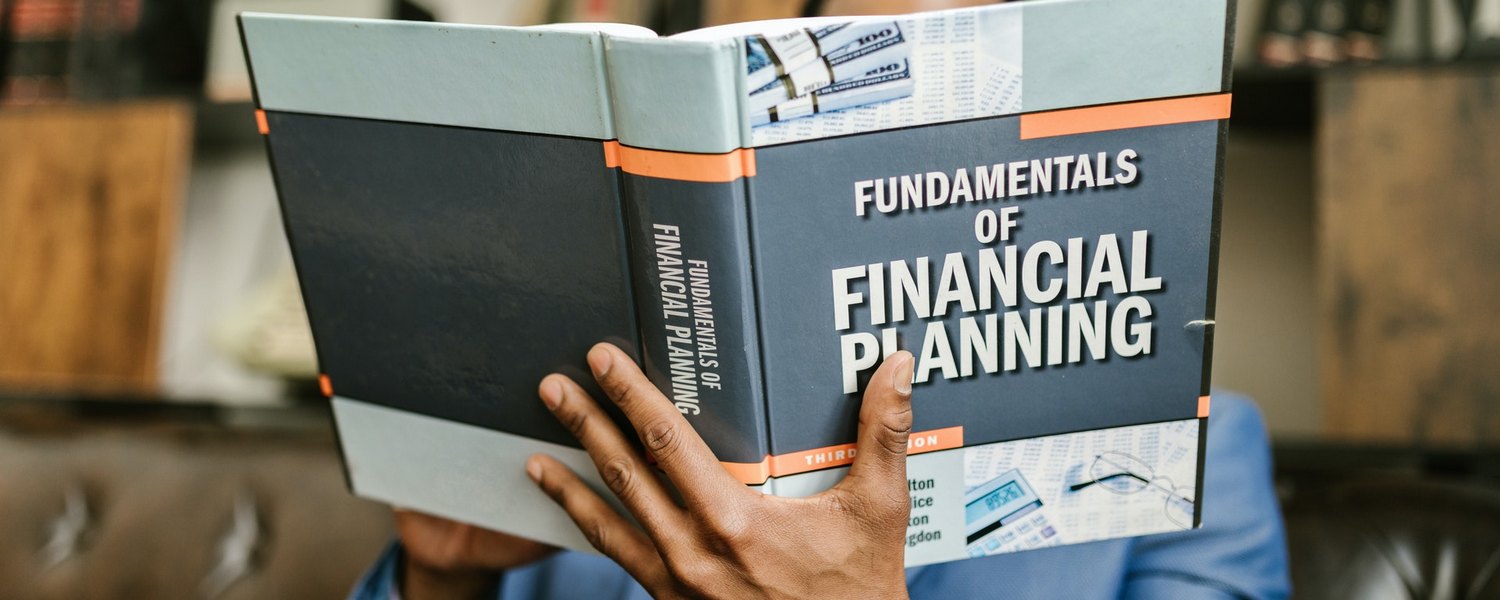
Select Your Future Course
Companies we’ve helped

Marketing doesn’t bring new efforts to you? Contact a law firm marketing consultant to get a fresh view of your law firm’s marketing strategy.

Vamo vay online is a fast and convenient way to get your cash quickly and conveniently.

Crypto tokens are something for Canadians to invest in this year. We would recommend SFM, but make sure to check how to buy Safemoon in Canada.

In the comprehensive FBK Markets review on Traders Union, investors gain valuable insights into the broker’s trading platforms, tools, and customer service effectiveness. This detailed analysis highlights the pros and cons of choosing FBK Markets for forex trading, offering a clear perspective for novice and experienced traders.

Simply ask us to write my essay due deadline, and we will manage it easily. Papers written from scratch by expert writers 24/7.

Coindataflow provides the latest real-time financial market information for companies and indices such as Apple, Amazon, Google, S&P 500 and Dow Jones. The stock market is very dynamic – prices rise and fall every trading day.

HACKEN CYBERSECURITY SERVICES. Leading Security Consulting Company with an essential focus on blockchain security.

Svit Casino UA is one of the most reliable and popular gambling brands in Ukraine.
Find Us
Mavis Reichert
[email protected]
Wealth Growth
Financial Literacy
8193 Deven Mountain Apt. 166 Darrenton, RI 90118
786.219.7672
782.600.0139















